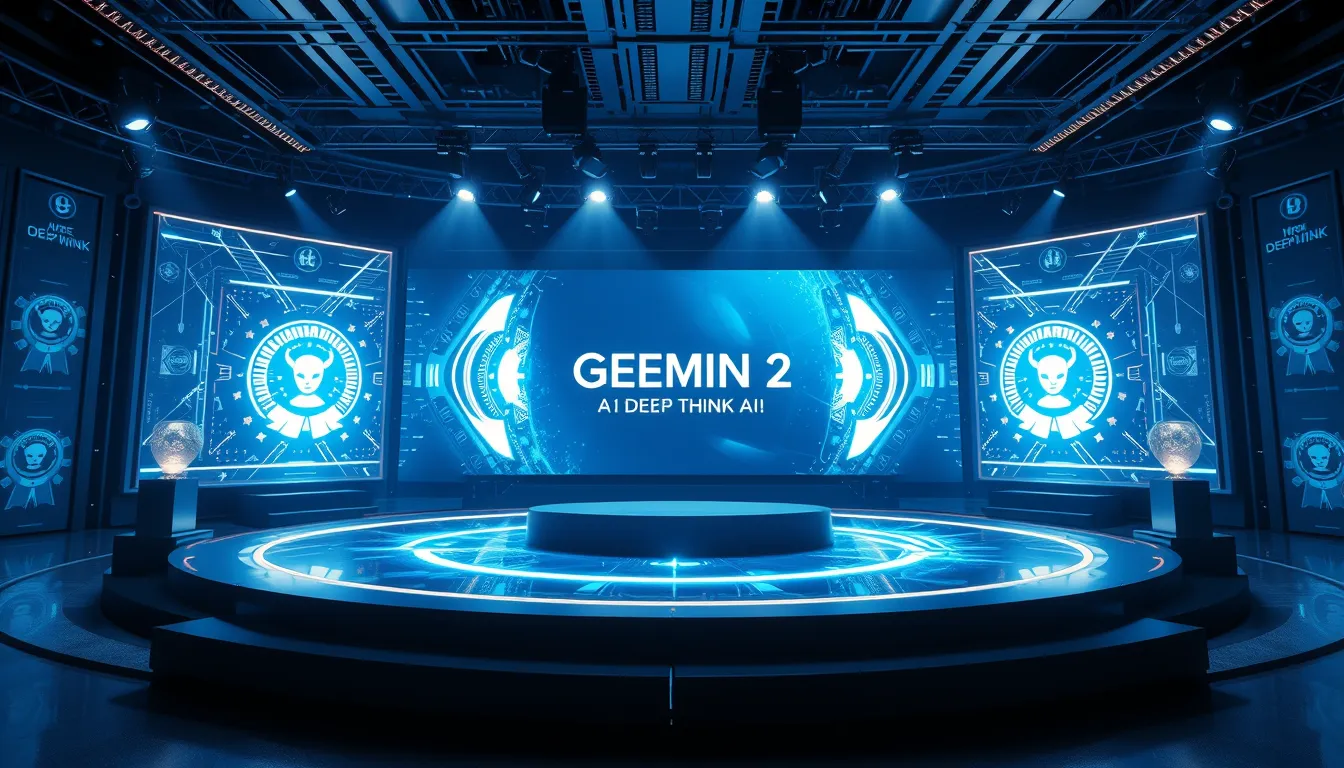Now Reading: Innovative Superintelligence: Mark Zuckerberg AI Vision
-
01
Innovative Superintelligence: Mark Zuckerberg AI Vision
Innovative Superintelligence: Mark Zuckerberg AI Vision

Innovative Superintelligence: Mark Zuckerberg AI Vision
Meta CEO Mark Zuckerberg has ignited a fiery conversation in the tech world by asserting that the development of superintelligence is not far off. In a striking departure from incremental automation trends, his vision highlights the power of advanced AI systems to revolutionize the tech industry. This article dives deep into the core of his statements, explores the ethical and regulatory risks of superintelligence, and examines how it may shape the future of AI research.
The Rise of Superintelligence and Its Impact
Zuckerberg’s bold declaration challenges established norms. Rather than just refining current systems, he envisions a leap forward into what he describes as true superintelligence – a state where machine intellect vastly exceeds human cognitive capabilities. His perspective forces us to reconsider how AI, including projects like Meta AI, could fundamentally transform operations in industries ranging from healthcare to environmental management.
Some key points include:
- The development of superintelligence in the tech industry has the potential to unlock innovations beyond basic task automation.
- This shift could lead to breakthroughs in problem-solving and strategic decision-making.
- Leadership in advanced AI systems could place companies like Meta at the forefront of technological transformation.
Superintelligence and Mark Zuckerberg AI in Modern Tech
Mark Zuckerberg’s emphasis on superintelligence directly contrasts with the status quo, where many organizations concentrate on automating routine tasks. His call to action pushes for a more ambitious approach to AI research, advocating for projects that not only improve efficiency but also challenge the boundaries of what artificial intelligence can achieve.
Advanced AI Systems and Ethical Governance
With the promise of superintelligence comes the weight of responsibility. While the potential rewards include groundbreaking innovations and economic growth, ethical and regulatory risks must also be considered. Industry leaders are urged to develop robust guidelines to govern AI research. These might include strategies for:
- Mitigating ethical dilemmas arising from autonomous decision-making.
- Addressing safety concerns that could accompany AI systems operating at superintelligent levels.
- Establishing external review boards to oversee AI governance and ensure that technological progress does not outpace regulatory frameworks.
This balanced approach is critical for reconciling ambition with responsibility in the realm of advanced AI systems.
Shifting Focus: From Automation to True Superintelligence
Most current AI projects focus on streamlining operations and automating repetitive tasks. However, Zuckerberg’s vision reveals that true progress lies in harnessing the power of superintelligence. The conversation surrounding this shift includes a diverse range of perspectives:
- Advocates argue that superintelligence can solve complex challenges that automation alone cannot address.
- Critics emphasize the risks, highlighting the necessity for a solid ethical framework and regulatory oversight.
- Forward-thinking companies are already exploring research opportunities that could lead to the creation of superintelligent systems capable of creative problem-solving and strategic innovations.
Technological Transformation and the Future of AI Research
This discussion is not confined to technical prowess alone. It extends into the broader societal and economic implications of superintelligent systems. The potential to revolutionize fields such as healthcare, education, and transportation is immense. Such transformation could include:
- Enhanced medical diagnostics and personalized healthcare solutions driven by advanced AI research.
- Improved predictive models in industries like finance and logistics through data analysis provided by AI systems.
- The creation of new economic opportunities that leverage AI technology to solve systemic challenges in global supply chains.
Zuckerberg’s fervent advocacy for superintelligence pushes companies and regulators alike to explore these avenues. His vision, accentuating superintelligence and Mark Zuckerberg AI leadership, is a call to re-evaluate existing priorities, urging all stakeholders to adopt a forward-thinking mindset. For further perspective on innovative AI research, readers may visit the official website of OpenAI or learn more about Meta’s initiatives at Meta.
Balancing Innovation with Responsibility
While the promise of superintelligence offers pathways to transformative change, it also raises pertinent questions about risk management and ethical practices. Some of the challenges include:
- Determining adequate safeguards for ensuring that AI operates safely and ethically.
- Balancing the drive for innovation with the necessity for stringent regulatory controls.
- Preparing society for a future where AI could redefine human roles and decision-making processes.
In conclusion, Mark Zuckerberg’s vision of superintelligence is a transformative call to action for the tech industry. By focusing on not just automation but on truly advanced AI systems, his perspective pushes us to consider the future of technology beyond conventional boundaries. This evolution, centered on superintelligence and Mark Zuckerberg AI, has the potential to drive innovation that solves complex global challenges while inviting rigorous debate on ethics and regulatory oversight.
Whether you are an enthusiast of cutting-edge technology or a skeptic of advanced AI systems, the dialogue initiated by this vision is essential. The pursuit of superintelligence represents both an opportunity and a challenge – a milestone in technological progress that requires careful thought, diligent research, and, above all, a commitment to ethical governance. The narrative of superintelligence is still being written, and its future depends on the collaborative efforts of researchers, industry leaders, and policymakers worldwide.

























